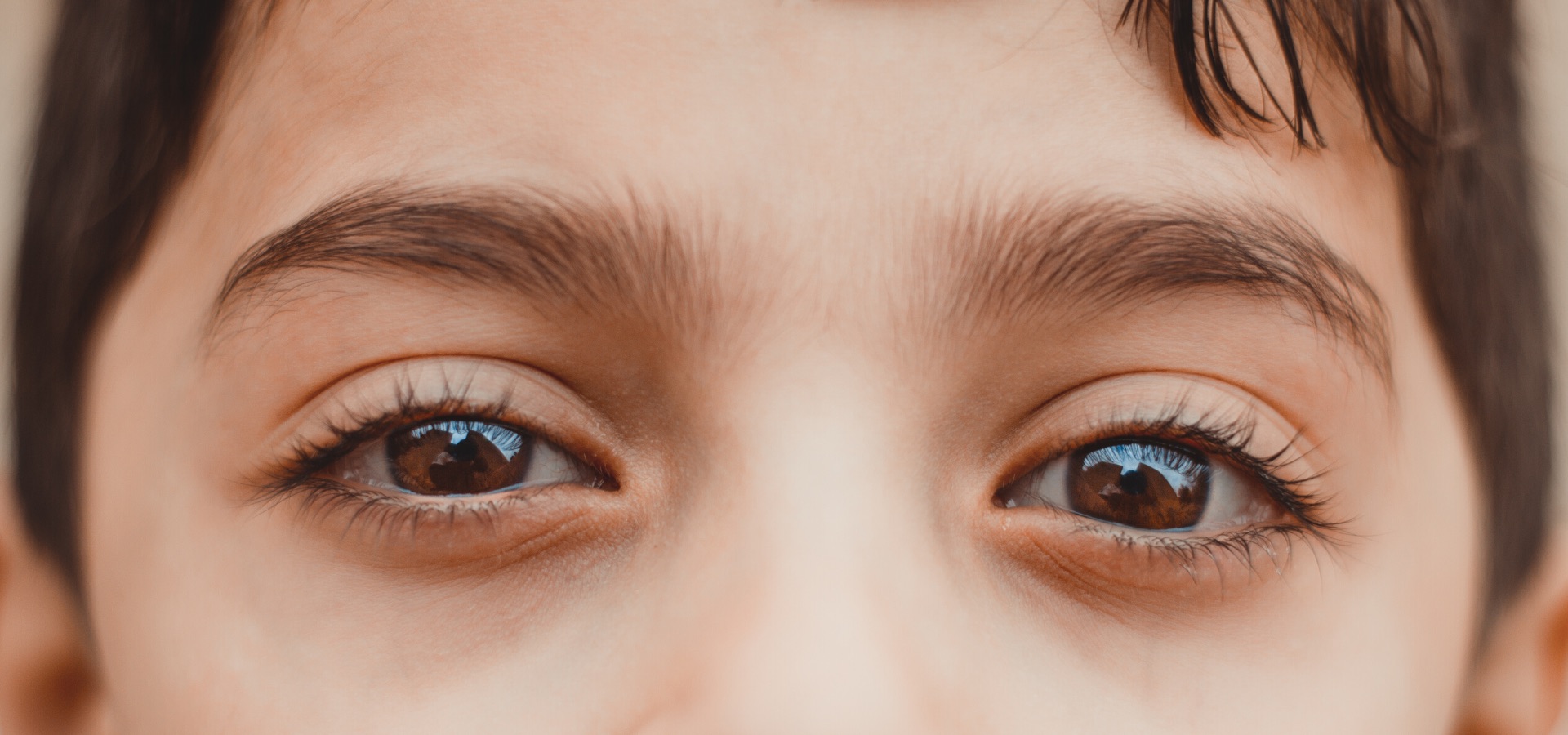Thinking processes,I define as the manipulation of information. Problem solving requires reflective thinking; reflective thinking encourages critical thinking and develops a range of thinking skills. According to Scheffer and Rubenfield (2000), the critical thinking skills are; analysis, applying standards, discriminating, information seeking, and logical reasoning, predicting and transforming knowledge. Analysing, defined as the ability of separating or breaking a whole into parts to discover their nature, function and relationship, is understood as a critical thinking skill (Scheffer & Rubenfield, 2000). When making a drawing, both the content and concept of the drawing are actively analyzed because they must be broken into parts so that they can be understood before the concept can be drawn in a student’s book. Through this engagement each student processes, understands, explores, and integrates, the content and concept they are interacting with in the drawing. For example, ‘global warming’ can be represented visually, left, Examples of how two elementary school participants represented features after learning about global warming, (Katz, 2017, pg. 238). The child draws the factory, water in solid or liquid form, while the symbols for temperature are communicated and thus concepts are mapped through the visual mode of language. In the second example an abstract concept is drawn, how the students feel about global warming. Left, Examples of affective interpretations of two elementary school participants in relation to global warming content, (Katz, 2017, pg. 239). In the drawing, the child wrote ‘Don’t cut me!’ Drawing operates to present two different types of information. In this case, the way the task is directed impacts the way a drawer analyses the content. Since alphabetic language, symbols, numbers have intersubjective meaning drawing a diagram brings together different codes of symbolic thought in a focused ‘slow thinking’ method, because drawing takes time to represent content and concept on the white page. See Daniel Kahneman for thinking fast and low. The literate person develops practices in code breaking, text meaning, pragmatic text use and text critique & analysis (Luke & Freebody, 1997) with the use of critical thinking skills. Discriminating, the ability of recognizing differences and similarities among things or situations is understood as a critical thinking skill (Scheffer & Rubenfield, 2000). Logical reasoning is the ability to make inferences or conclusions that are supported in, or justified by evidence (Scheffer & Rubenfield, 2000). In 1988, Johnson developed a task where students select one English language rule that they want to illustrate in a poster to communicate its conventions to the class. The freedom to select a rule empowered student with agency. “[S]tudents` explain how their drawing represent the rule” (Van Meter & Garner, 2005, pg. 295). Later the visual stimulus is put up in the classroom, arguable to aid memory, support student’s motivation and application of knowledge. This task is an example of concepts being translated across linguistic modes from the verbal linguistic mode of reading the rule to the visual mode of representing the rule. Secondly, encouraging thinking skills to remember because the rule was visualised for memory retention. Also apply knowledge, as the rule was designed in a poster, and problem solve as the child was asked to convert written to visual mode. The development of higher order thinking skills was practiced in this task. Predicting, as the ability of envisioning a plan and its consequences, is understood as a critical thinking skill (Scheffer & Rubenfield, 2000). I propose that ‘innovating’ designs is part of visualising a plan, for example envisioning architectural structures which is a structural example of composition planning in EGD. Also, to predict experiment outcomes in science or colours in art for paint colour mixing. Reflective thinking is part of the critical thinking process defined as analyzing and making judgments (Scheffer & Rubenfield, 2000). Creative thinking is considered as holistic thinking where various parts are considered in unison. One part develops in unity with another part in relation to the problem being solved. Transforming knowledge, as the ability to change or convert the condition, nature, form or function of concepts within contexts,is understood as a critical thinking skill (Scheffer & Rubenfield, 2000). Barbara Tversky from Teachers College, Columbia University explains the benefits of “messy lines [that promote] discovery of new ideas” (Tversky, 2011, pg. 16). She explains how a variety of different marks on a page have “context dependent meaning related to their mathematical or Gestalt properties” (Tversky, 2011, pg.16). She clarifies that marks, which make up the drawings, represent externalized symbolic thought. The act of drawing is a union between perceptive skill and cognitive skill where the perceptive skill involves ‘seeing’ in context of the object and the cognitive skill involves ‘thinking’ in context of the idea. She refers to this as “constructive perception” (Tversky, 2011, pg.16). It seems that when perception and thinking processes operate in tandem creative thinking is operating to innovate new ideas and products from existing knowledge and context. Tversky explains that messy lines aid thought because they are ambiguous, “pre-categorical, so they allow for many interpretations” (Tversky, 2011, pg.16). Messy lines are evident in Michelangelo’s Horse Composition (right, and detail a, Studies of a Horse and a Sketch of a Battle Scene, authors photograph from Ashmoleum Museum Oxford). The lines look like they were drawn quickly to visually externalize memory or observation and understanding of the structure of the horse for manipulation in a new composition. It could be argued that the horse was moving while it was being drawn. Interestingly, the observation of the horse (an uncommon subject for Michelangelo who focused more on the human body) is visible as two different poses from observation drawing on the same leaf of paper. A plan drawing for arranging the subject of the person and the horse is visually explored alongside the detailed horse representation. The drawer is creating from perception towards innovation thus using ‘constructive perception’. According to Ewa Grabska “Although designers during design process can form mental images in their heads, the majority of them do much better when those images are out of



































